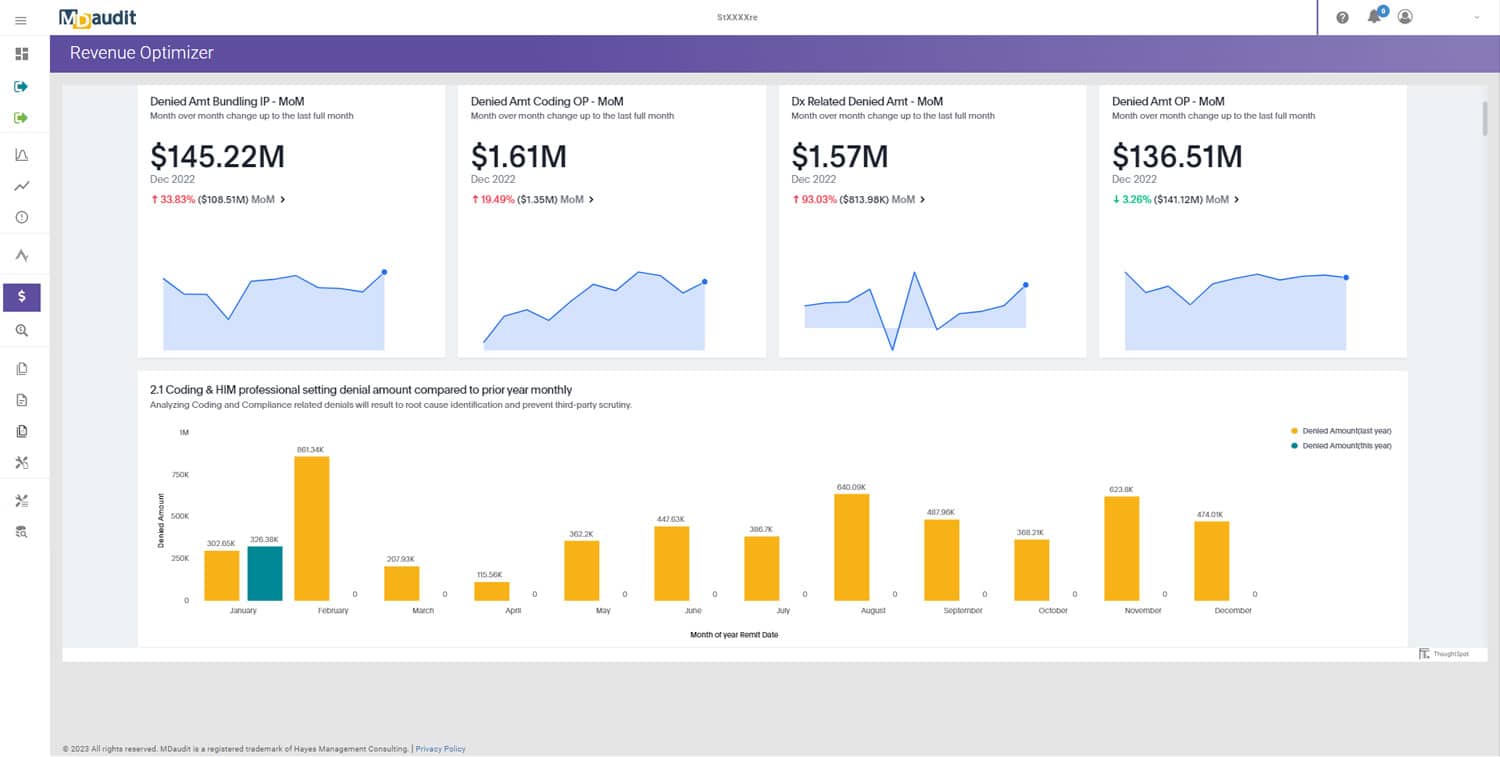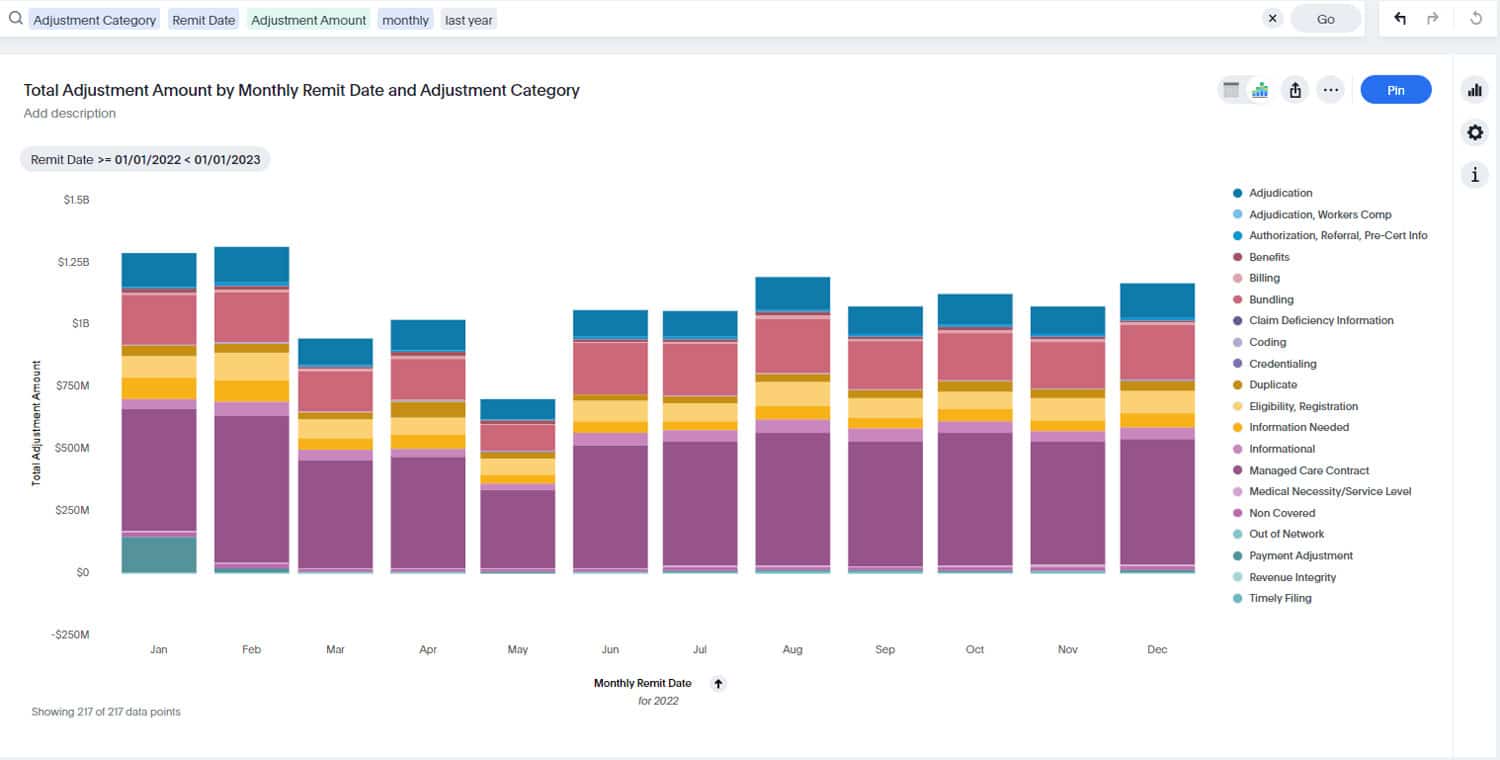The Centers for Medicare & Medicaid Services (CMS) has made a decisive move to tighten oversight of Medicare Advantage (MA) payments through an expanded and accelerated Risk Adjustment Data Validation (RADV) audit program. In January 2023, CMS finalized a rule enabling the agency to audit all eligible MA contracts for each payment year in newly initiated audits, while also expediting the completion of audits going back to 2018 through 2024.
This significant policy shift is part of CMS’s broader strategy to strengthen fiscal accountability and ensure the integrity of payments made to MA plans, which now cover over 50% of all Medicare beneficiaries.
What This Means for Healthcare Organizations
RADV audits are no longer a mere possibility but an inevitability. By expanding the audit pool and eliminating the fee-for-service adjuster (which had previously limited recoupment amounts), CMS has opened the door to significantly higher financial recoveries.
The best approach is to submit diagnosis codes compliantly and consistently, backed by strong documentation and internal validation. Accurate coding not only supports appropriate reimbursement but also reflects the complexity of patient care.
MDaudit customers are continuing to bill compliantly, while incorporating technology that helps close gaps around costly errors.
How MDaudit Helps You Navigate RADV Audits with Confidence
MDaudit is built to help healthcare organizations stay audit-ready and revenue-resilient, especially under the increasing pressure of regulatory programs like RADV. Our technology enables teams to audit efficiently, respond quickly, and uncover issues before they escalate into financial penalties.
Audit All Diagnosis Codes Submitted to MA Plans
With MDaudit’s configurable Internal Audit Workflows, organizations can easily review all diagnosis (DX) codes submitted to Medicare Advantage plans. This proactive capability helps compliance and revenue integrity teams confirm that every code submitted is accurately captured and fully supported by documentation, ensuring compliance before an audit even begins.
Simplified HCC Auditing
Auditing them regularly is critical because Hierarchical Condition Coding (HCCs) are essential to MA risk adjustment. MDaudit’s audit engine makes HCC audits easy to execute and analyze. Organizations can isolate specific HCCs for closer review, track trends, and ensure that providers document thoroughly and accurately.
Manage Clawbacks with the Payer Audit Workflow
In the event of an audit leading to a repayment demand—especially one the organization believes is unjustified—our Payer Audit Workflow enables a structured, centralized response. Users can track audit activity, upload supporting documentation, collaborate across teams, and manage appeals—all within one platform designed to protect your revenue.
A Platform for Now
With CMS investing more resources and expanding its audit reach, healthcare organizations cannot afford to take a reactive approach. The best defense is a proactive strategy powered by intelligent workflows, documentation accuracy, and data transparency.
MDaudit empowers your team to rise to the moment with tools built specifically for today’s risk environment. From validating HCC coding to defending against inappropriate clawbacks, we help you stay in control of your compliance and revenue strategy.
MDaudit customers are already leveraging our platform to protect revenue and reduce compliance risk in the face of heightened RADV scrutiny.
Ready to see how we can help your team? Contact us today.









